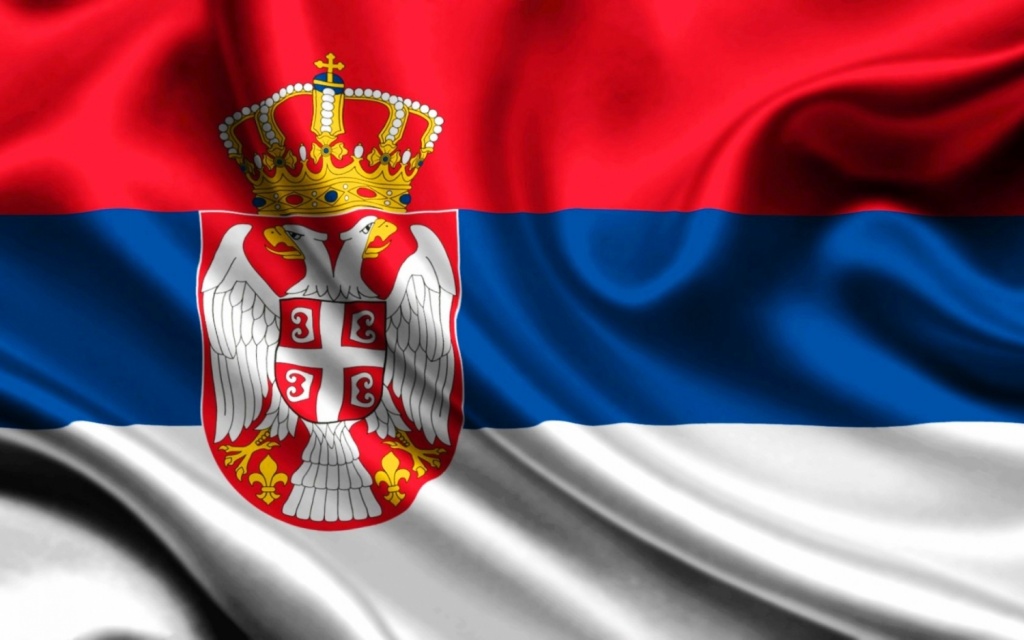Entering Portugal with Pets
Portugal is a member of the European Union and adheres to the same procedures for importing pets as the other EU Member States. It is essential to study Portugal's import requirements early to avoid problems at the border. Not having the necessary documents may result in being refused entry, or in extreme cases, your pet being euthanized if you decide not to turn back.
Preparing for the trip
Acquiring the required documents, undertaking the de-worming procedure, and providing the animals with the required vaccinations are crucial steps to ensure a successful trip. The basic requirements for the importation of animals into Portugal are as follows:
Custom and Flight
All pets entering Portugal must undergo a veterinary inspection prior to their admission into the country. To meet the requirements for the inspection, it is essential to have all necessary documentation, such as the pet's passport, on hand. Additionally, the inspector can assess the general condition of the pet and review its veterinary records.
Requirements for transporting pets on board an airplane to Portugal are determined by the air carrier company, although, there are some consistent mandates. TAP Air Portugal, Portugal's national airline, stipulates that animals below 15 weeks of age are not allowed onboard The explanation for this is the fact that the first rabies vaccination can only be administered at the age of 12 weeks and it takes three weeks for the immunity to develop.
An additional factor to be aware of is that only one animal per kennel is permitted on a flight per passenger. Hence, if you plan on traveling with young children alone, make sure to check with the airline beforehand, as they might not allow kennels with pets onboard in such cases. Pets can be transported either in the hold or in the cabin, depending on the airline's specific regulations. The following are the regulations for transporting animals in the aircraft cabin:
- Pets must be stowed in kennels with air vents, whose ventilation openings are sufficiently small to prevent them from squeezing through.
- Pet kennels must abide by the size and weight criteria established as part of the hand luggage requirements.
- Kennel weight cannot exceed 12 kg.
- If there is enough space, two non-aggressive pets can be placed in the same kennel.
- Passengers with a pet kennel have to be seated next to a window seat, with the exception of emergency exit rows.
If the kennel's dimensions do not meet the airline's criteria for cabin transportation, your pet will be shipped in the aircraft's hold. The combined weight of the animal and the container should not exceed 75 kg.
Notifying the airline carrier about your pet's accompanying you is essential. The number of available seats for passengers with pets is often limited, hence the air carrier may refuse to transport your pet. It is recommended to make a prior request for permission.
Occasionally, tickets for passengers with pets can be fully booked in advance. This often happens when the EU hosts major dog, cat and other animal exhibitions with attendees from different countries, including Russia. In these instances, you must ensure that you purchase tickets in advance, either at the airport or via dedicated online services. Pet transportation is a paid service, and charges must be paid accordingly.














